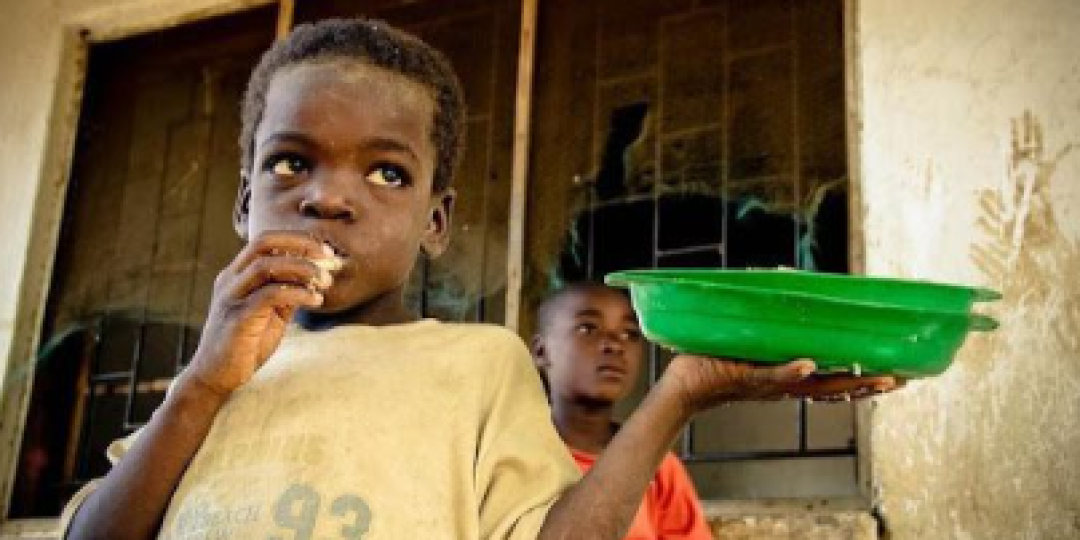About 63% of South Africa’s households are food insecure, of which 17% are critically under-nourished, the National Food and Nutrition Security Survey (NFNSS) has determined.
In individual terms, it means about 20 million of the country’s recorded citizens, not including people illegally residing in South Africa, don’t have food to eat.
The survey, commissioned by the Department of Agriculture, Land Reform and Rural Development and conducted by the Human Sciences Research Council (HSRC), was carried out across South Africa’s nine provinces between 2021 and 2023, and aimed to provide the government with essential baseline data to guide interventions and support households facing food shortages.
Agriculture minister John Steenhuisen said despite numerous food programmes in place, millions of South Africans still experienced hunger on a daily basis.
He pointed out that past efforts to address the issue had been hindered by insufficient government resources and a lack of a focused strategy.
“Historically, the government’s approach to tackling food insecurity has been broad and unfocused. With the adoption of evidence-based policymaking, however, we now have a clear baseline to guide our efforts.”
He added that future interventions would target district-level support across various departments, ensuring more effective resource allocation.
While food waste remains a significant issue, with nearly a third of South Africa's annual 31 million tonnes of food production being lost before it reaches retailers, there is growing concern over the financial pressures faced by households.
According to consultancy PwC, many South Africans are buying less food as they prioritise spending on other essentials, including electricity and transport.
Steenhuisen noted that increasing agricultural output, particularly from small family-run agribusinesses, would be crucial in addressing the food security crisis.
He also confirmed that his department was currently developing a National Food and Nutrition Security Plan for 2024 to 2029, with provincial plans also in progress to transform the country’s food system.
The HSRC survey collected data from over 40 000 households, providing valuable insights into the types and amounts of food consumed, as well as how people accessed food.
According to the survey’s Household Food Insecurity Access Score, about 17% of households are severely food insecure, regularly reducing meal sizes or skipping meals altogether.
While some provinces reported moderate levels of food insecurity, others, such as North West, were found to be in crisis, with more than half of households facing moderate to severe food insecurity.
Steenhuisen emphasised the need for a ‘whole-of-society’ approach, stating that collaborative efforts, including reducing food waste and improving supply-chain efficiency, would be vital to overcoming the crisis.
The government is expected to roll out focused interventions in the coming months as part of a comprehensive effort to address the pressing issue of food insecurity across South Africa.













